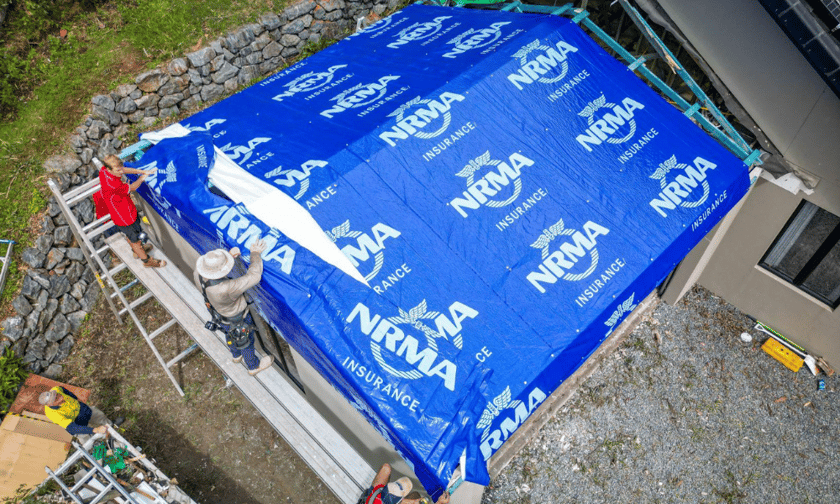

One in six Australians faced property or vehicle damage linked to extreme weather over the 2024-25 summer season, according to new findings from NRMA Insurance.
Despite growing awareness around the risks of severe weather, a significant portion of the population still lacks adequate preparation measures.
Data from NRMA’s latest Wild Weather Tracker survey indicated that 39% of respondents encountered sudden or unexpected weather conditions in recent months. At the same time, 40% said they did not feel equipped to manage the impact of such events.
Across the summer period, NRMA Insurance processed over 18,100 weather-related claims, driven by multiple incidents including hailstorms in the ACT, storms in New South Wales, and floods in Far North Queensland.
The season culminated with ex-Tropical Cyclone Alfred in early autumn, which triggered widespread damage and contributed to a broader total of over 95,000 insurance claims, according to the Insurance Council of Australia (ICA).
Insurance Australia Group (IAG) reported receiving roughly 10,000 claims linked to ex-Tropical Cyclone Alfred. The majority involved damage from high winds, tree impacts, and water ingress due to compromised roofs and windows.
Luke Gallagher, executive general manager of retail claims at NRMA Insurance, said the speed and intensity of many recent weather events have made timely preparation more difficult.
“During summer, we saw hail storms and wind squalls strike suddenly, with as little as 30 minutes warning, and cause significant damage because it caught people unprepared,” he said.
Among those who experienced damage, 8% reported harm to their homes, 6% to vehicles, and 2% to both, NRMA found.
The data also revealed persistent gaps in routine preparedness practices. For example, 31% of people admitted they do not consistently close windows when leaving home, and only 35% of those with outdoor furniture had secured it against potential weather damage.
Gallagher emphasised the importance of having a clear household plan.
“Creating an emergency plan is a critical step in building household resilience and preparing for the threat of severe weather. Fewer than 40% of households reported having a severe weather emergency plan in place during summer. We would encourage all Australians to prioritise creating an emergency plan,” he said.
To support readiness, NRMA Insurance has partnered with the Australian Red Cross to deliver EmergencyRedi workshops, which aim to help communities understand local risks and plan for emergencies. The program is accessible online through the Help Nation platform.
